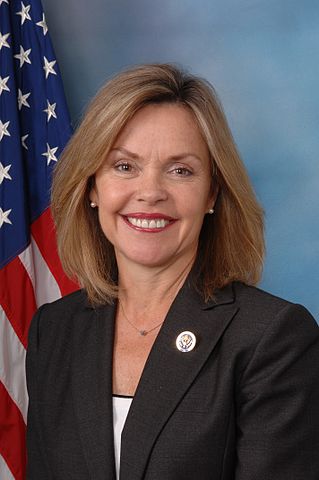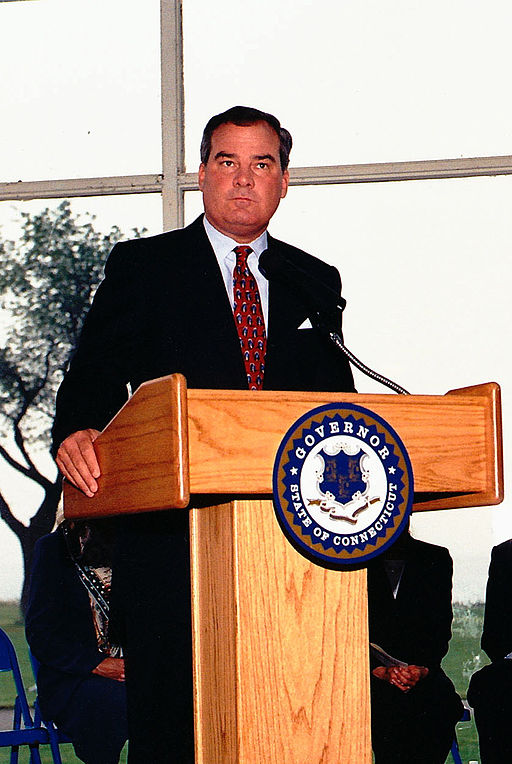This week, pensions were the issue. Specifically Proposition 487, which would shift new hires into a 401(k)-style system as opposed to a defined benefit plan.
There has been much debate over whether the law would impact police and firefighters, who are supposed to be shielded from the law.
Here’s what some Phoenix politicians had to say about the ballot measure, from the Arizona Republic:
We asked: Do you think Prop. 487 will impact the retirement benefits of current or future police officers and firefighters? Why or why not?
“Whatever the long-term impact of the proposition, it’s likely that if it’s passed, it will take years in court to clarify its true intent. The losers will be Phoenix taxpayers, who will bear the costs of a prolonged legal debate.”
— Thelda Williams,District 1, northwest Phoenix
“No. I don’t believe that ‘preamble’ is an accurate term given voters will support or oppose the measure in its entirety, including this language from Page 1 in the ‘preamble:’ ‘This Act is not intended to affect individuals who are members of, or are eligible to join, any other public retirement system in the State of Arizona such as the Public Safety Employees’ Retirement System.’ While I understand those in the system are unhappy with this initiative, the alternative is to do nothing. That is not acceptable. Inaction by the council led to this citizen action in the first place.”
— Jim Waring,vice mayor (District 2), northeast Phoenix
“Prop. 487, as written, impacts the retirement benefits of current and future public-safety personnel and does not exclude these employees as stated in the preamble. According to city analysis, Section 2.2 (C) runs counter to the current Public Safety Personnel Retirement Plan that is required by state statute for current and future public-safety employees. Therefore, future contributions to this plan would not be warranted and current public-safety employees would have these benefits frozen. Prop. 487 also prevents contributions to additional plans such as the Medical Expense Reimbursement Plan, Post Employment Health Plan and Fire Employee Benefit Trust.”
— Michael Nowakowski,District 7, southwest Phoenix and parts of downtown
“Prop. 487 will absolutely impact police and firefighters. The only section of the measure that would have the force of law makes no special exemptions for public safety — whether that was the intent of who wrote it or not. Prop. 487 is the wrong reform. It is poorly written and will have devastating effects on taxpayers, police officers and firefighters alike. These brave men and women work every day to make sure that we are safe, and we owe it to them to protect their retirement. I urge Phoenix residents to vote no on Prop. 487.”
— Daniel Valenzuela,District 5, Maryvale and west Phoenix
“The proponents of Prop. 487 did a sloppy job drafting this initiative. Prop. 487’s backers claim any harm to public-safety personnel was a careless mistake. However, this doesn’t square away with what proponents are actually trying to put in our city charter. Prop. 487 amends our charter with poorly-written language that would cost millions, making it harder for us to fund infrastructure improvements. The best-case scenario for first responders under Prop. 487 is that their status will be in jeopardy, potentially for years, as the fate of their benefits is determined by the courts following expensive litigation.”
— Kate Gallego, District 8, southwest Phoenix and parts of downtown
“Voters can fix the broken pension system, saving $500 million, by voting yes on Prop. 487. The government unions have waged an all-out campaign of disinformation to stop pension reform. Prop. 487 does not impact public safety because: 1. Public-safety pensions are administered by the state, not the city. 2. State law doesn’t allow participants in PSPRS to opt out. 3. The initiative clearly states that it does notaffect public-safety personnel. Escalating pension costs means fewer services, less police and more taxes and fees. Prop. 487 brings financial accountability. Don’t believe the disinformation the government unions are propagating.”
— Sal DiCiccio, District 6, Ahwatukee and east Phoenix
“Fellow Phoenix residents, I call it the way I see it. Prop. 487 is confusing and poorly written. If it passes, it could end up in court with the potential for millions of dollars going to legal fees, instead of supporting vital programs and services for our community. In addition, Prop. 487 could have detrimental consequences for our public-safety personnel and other city employees. Specifically, Prop. 487 could end defined-benefit pensions for Phoenix police officers and firefighters, making the women and men of public safety the only public-safety personnel in Arizona who could not earn a defined-benefit pension. Our police officers and firefighters work hard to keep our community safe, and we as a community should protect our public safety personnel’s retirement. This proposition is not the way to reform our city’s pension plan.”
— Laura Pastor,District 4, central and parts of west Phoenix
“Yes. Prop. 487 will hurt our current police officers and fire fighters, and could even end death and disability benefits for our first responders. It is one of the many reasons why I oppose this initiative. The plain language prevents the City from making contributions to the state public safety pension system. Those behind the effort have not had this intent, but this initiative was so poorly written – so badly constructed – that it will have devastating consequences for Phoenix. On top of that, it will cost taxpayers $350 million. It’s the wrong reform, and we can’t afford it.”
— Greg Stanton, mayor
Money has flooded into Phoenix in recent weeks to fund both opponents and proponents of the law. But the source of much of that money is shrouded in secrecy, as Pension360 wrote on Monday.









